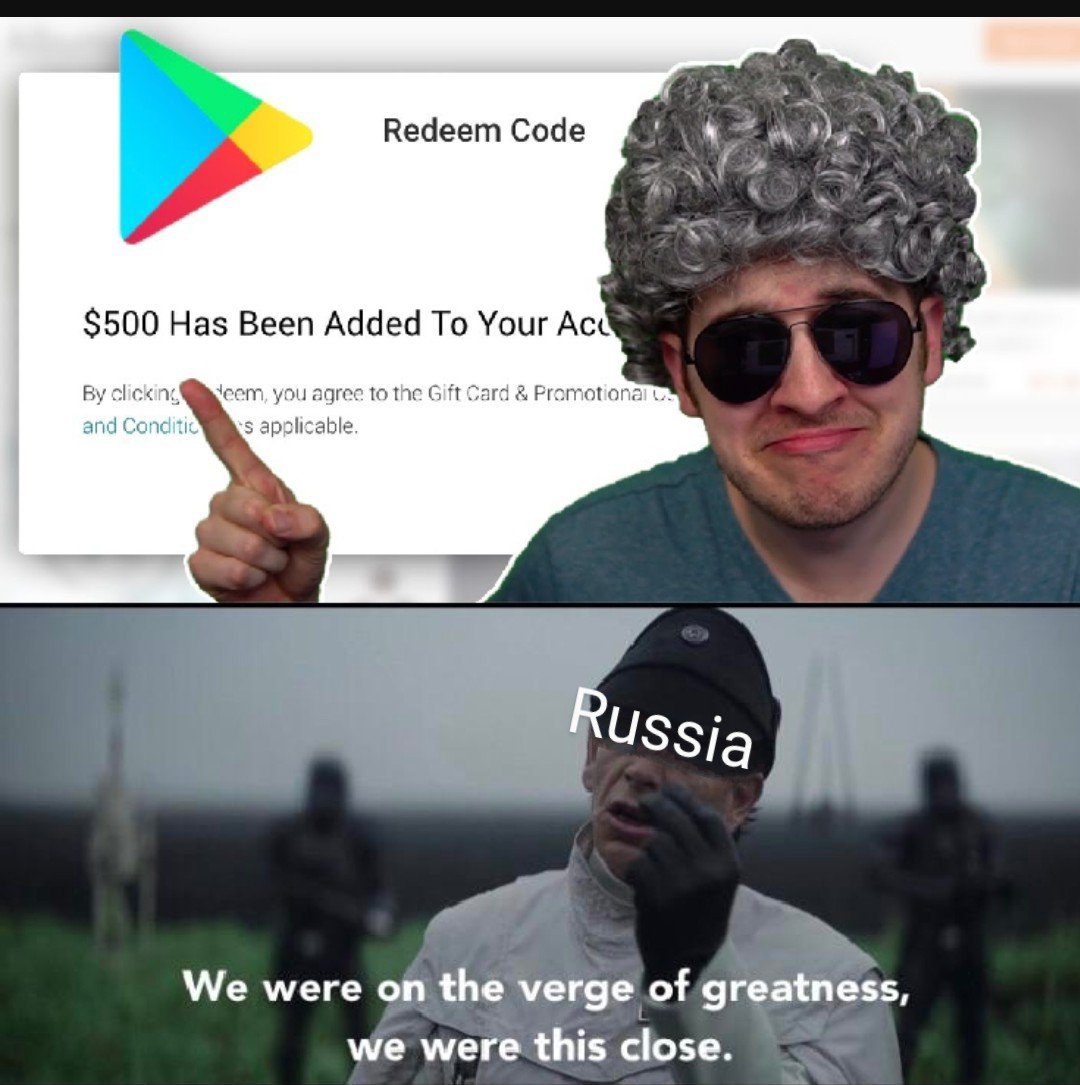

Yes, it is not feasible; it costs more to extract it from the air than the benefit obtained from burning it, and then it still needs to be stored for at least a few hundred years in solid or gas form. Otherwise, it goes right back into the atmosphere and the effect will be null. We looked at a similar concept at my university, and the professor said, I quote, “Whoever comes up with these bullshit solutions does not really understand how climate change or physics works; it is not a solution to our problem.” We also had a project like this in my city where they captured it just to sell it to a greenhouse, which releases it back into the atmosphere, so the concentration stays the same and, de facto, they have removed zero carbon from the air because it basically goes right back into the atmosphere. Actual solutions exist, but they are expensive and extensive; people will start implementing them in, let’s say, 70-120 years from now, right around when we start feeling the full effects of rapid human-induced climate change.





The funny thing is, copyright doesn’t even matter; at least half of the world’s market couldn’t care less about copyright, especially if it’s from the “west.” They certainly won’t suddenly start respecting copyright law. They will use and develop AI without the restriction of copyright. All this talk about copyright and the law, and all the copyright suits against AI and tech firms, will be fruitless since we either forget copyright like we used to know it, or we get left behind in development because we need to respect the copyright of everything and make contracts with every big outlet, etc. Big tech knows that, so they walk this gray zone walk to still train AI on copyrighted material but somehow proclaim they are not copyright-dependent.
I’m not saying this is a good development, just that I think we need to reassess how we treat copyright on a fundamental level under the current development structure of AI.
We need to slow down the development of AI and hinder monopolization of the market. My guess is it’s too late, but we can still hope that maybe this time it will be different.